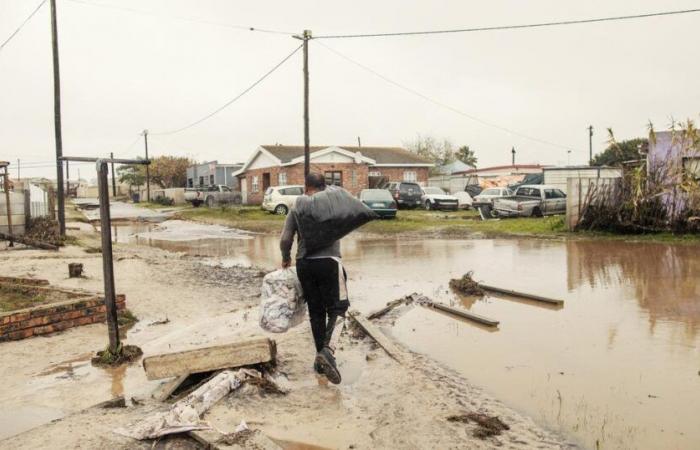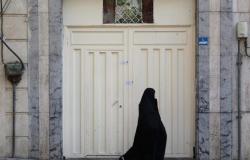Countries on the continent lose an average of 2 to 5% of their GDP to managing climate extremes, the World Meteorological Organization laments in a study published this Monday.
Africa “suffers disproportionately from climate change” and the costs of its adaptation, according to a report published this Monday, September 2 by the World Meteorological Organization (WMO), a United Nations body. “The African continent has warmed at a slightly faster rate than the global average, at around +0.3°C per decade between 1991 and 2023”says the WMO in its study on the state of the continent’s climate in 2023.
North Africa “experienced the fastest warming”she says, and for example reached a record of 50.4°C in Agadir, Morocco. In addition, in September and October 2023, “About 300,000 people have been affected by floods in 10 countries, the worst affected being Niger, Benin, Ghana and Nigeria”a few months after Libya and East Africa, the WMO indicates. These sometimes deadly floods have been repeated this year.
118 million people potentially exposed by 2030
Last year too, “Zambia has suffered the worst drought in 40 years”making “about 6 million people” disaster-stricken countries, a phenomenon that has also hit other countries on the continent, reports the WMO. “Climate extremes, including floods and droughts, have had a major impact on food security”she adds.
Accordingly, “African countries lose on average 2 to 5% of their gross domestic product (GDP) to managing climate extremes, and many reallocate up to 9% of their budgets to this end”deplores the organization.
The World Meteorological Organization predicts that“Without adequate measures, up to 118 million extremely poor people (living on less than $1.90 per day) could be exposed to drought, floods and extreme heat in Africa by 2030”.
“Urgent need to invest in weather services”
The UN agency estimates that “This situation will place an additional burden on efforts to combat poverty and will significantly slow down growth.”. The WMO then emphasizes “the urgency of investing in meteorological services” in particular to improve data collection and forecasting means, as well as in “early warning systems”which inform populations about imminent natural risks.
Car “Between 1970 and 2021, 35% of weather, climate and water-related deaths occurred in Africa. Yet only 40% of the African population has access to early warning systems. This is the lowest proportion of any region in the world.”she recalls.






